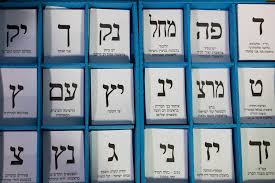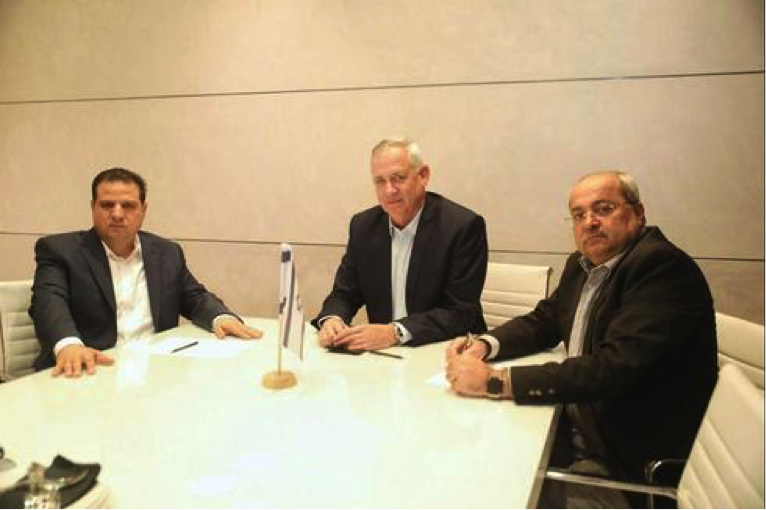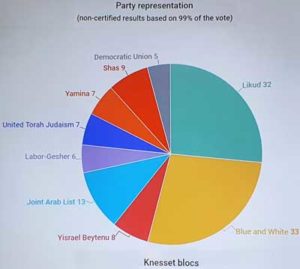Only a party or a group of parties that runs together in the elections can present a list of candidates and participate in the elections.

There is a Basic Israeli Law that blocks any party from registration if any of its purposes or deeds, explicitly or implicitly, contain:
- negation of the existence of the State of Israel as a Jewish and democratic state;
- incitement to racism or support for an armed struggle of an enemy state or a terrorist organization against the State of Israel.
The law also prohibits the registration of a party if there is reasonable ground to deduce that it will serve as a cover for illegal activities.
According to the Basic Law:
Knesset elections should take place once every four years, but the Knesset or the Prime Minister may attempt to move up the elections through the Knesset Dissolution Law, for instance. Early elections may also be held if the budget is not approved.
Certain parties hold primary elections. These parties directly elect their candidates for the Knesset. Some parties elect their candidates through their institutions (usually a party’s central committee). In other parties, the candidates are elected by their leaders.
The electoral system is based primarily on two laws – the Basic Law: the Knesset (1958) and the Knesset Elections Law (combined version) – 1969.
Article 4 of the Basic Law:
- the Knesset is to be elected in general, country-wide, direct, equal, secret, and proportional elections.
General election: the right to elect and be elected
Every Israeli citizen who is at least 18 years old has the right to vote; every Israeli citizen who is at least 21 years old has the right to run for office.
Voting takes place in private, behind a screen, and putting a small note with the letters of the party in a sealed envelope which they insert into a big box called Kalpi.
The principle of secrecy ensures fairness in the elections and prevents the exertion of undue pressure.


 The election results were that the Kahol Lavan (Blue and White) party, headed by Benny Gantz won 33 out of 120 parliamentary seats; Netanyahu’s Likud party won 32. However, in the bloc of supporters, Likud had 55 party members, mainly the religious and right-wing, and Blue and White had 54, mainly center and left parties, including the Joint Arab List party. Israel’s Joint Arab List party announced its endorsement of Gantz’s party.
The election results were that the Kahol Lavan (Blue and White) party, headed by Benny Gantz won 33 out of 120 parliamentary seats; Netanyahu’s Likud party won 32. However, in the bloc of supporters, Likud had 55 party members, mainly the religious and right-wing, and Blue and White had 54, mainly center and left parties, including the Joint Arab List party. Israel’s Joint Arab List party announced its endorsement of Gantz’s party. “The picture is clear. There is only one option and it’s a broad liberal unity government,” he insisted, referring to a potential coalition composed of his Yisrael Beiteinu, Likud, and Blue and White. He doesn’t care who would be prime minister first. “They can flip a coin for all I care.”
“The picture is clear. There is only one option and it’s a broad liberal unity government,” he insisted, referring to a potential coalition composed of his Yisrael Beiteinu, Likud, and Blue and White. He doesn’t care who would be prime minister first. “They can flip a coin for all I care.”